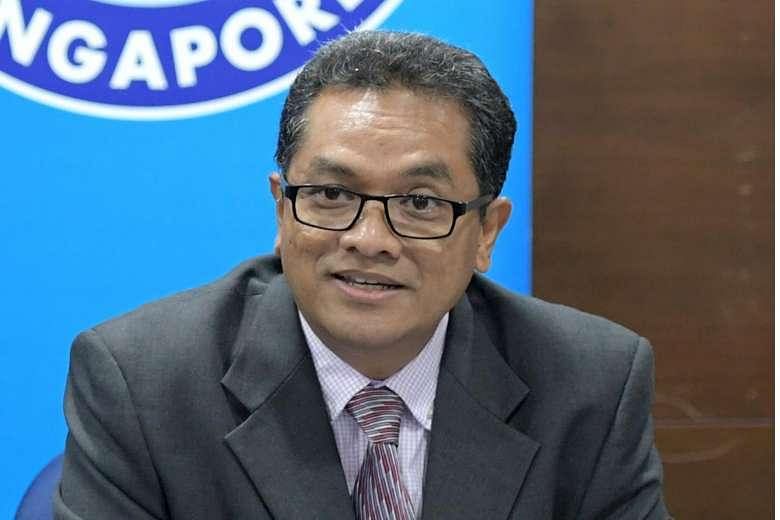Former Football Association of Singapore president Zainudin Nordin has distanced himself from the scrapped Asean Super League (ASL), following confirmation that the project has been abandoned.
Zainudin spearheaded an Asean Football Federation (AFF) committee responsible for the ASL, a 10-team league featuring top clubs from around the region that was first mooted in 2005 but has witnessed multiple delays.
He told The Straits Times yesterday: "I've got no comments. That one (ASL) is an AFF project, you should ask the AFF, not me.
"That time I was in the council and I helped. It's not appropriate for me to say anything about it because it is the council's decision."
There were several factors that finally led the AFF to ditch the ASL, said AFF secretary-general Azzuddin Ahmad.
"Main reasons for not pursuing with the ASL were most associations want to focus, develop and improve their national leagues. Also there is a very tight football calendar," he noted.
Countries like Malaysia and Thailand, with their strong domestic leagues, were hesitant to join the ASL for fear of damaging their own local product.
The Asian Football Confederation (AFC) meanwhile, runs two regional club competitions - the top-level AFC Champions League and the second-tier AFC Cup.
High costs were another stumbling block. With its home-and-away format, it was estimated each ASL franchise would need around $7 million a season to operate.
Benjamin Tan, deputy chief executive officer of the Thai League, said: "We were open (about) the idea but we never got into the project. There should have been a more concrete plan and better communication between the AFF and the other national leagues.
"At the end of the day, the ASL should benefit and develop football in the various countries and around the region."
National winger Faris Ramli witnessed first-hand how a preoccupation with an overseas project can harm the domestic league.
He spent three seasons with the now-defunct LionsXII, which competed in the Malaysian Super League, and said it had an adverse effect on Singapore football.
The Home United player added: "Most of the fans' support and sponsorship went to the team and the S-League suffered."
Despite the setback, Azzuddin did not rule out reviving the ASL in the future. He said: "It all depends on the council of AFF member associations. They are the ones who decide."

